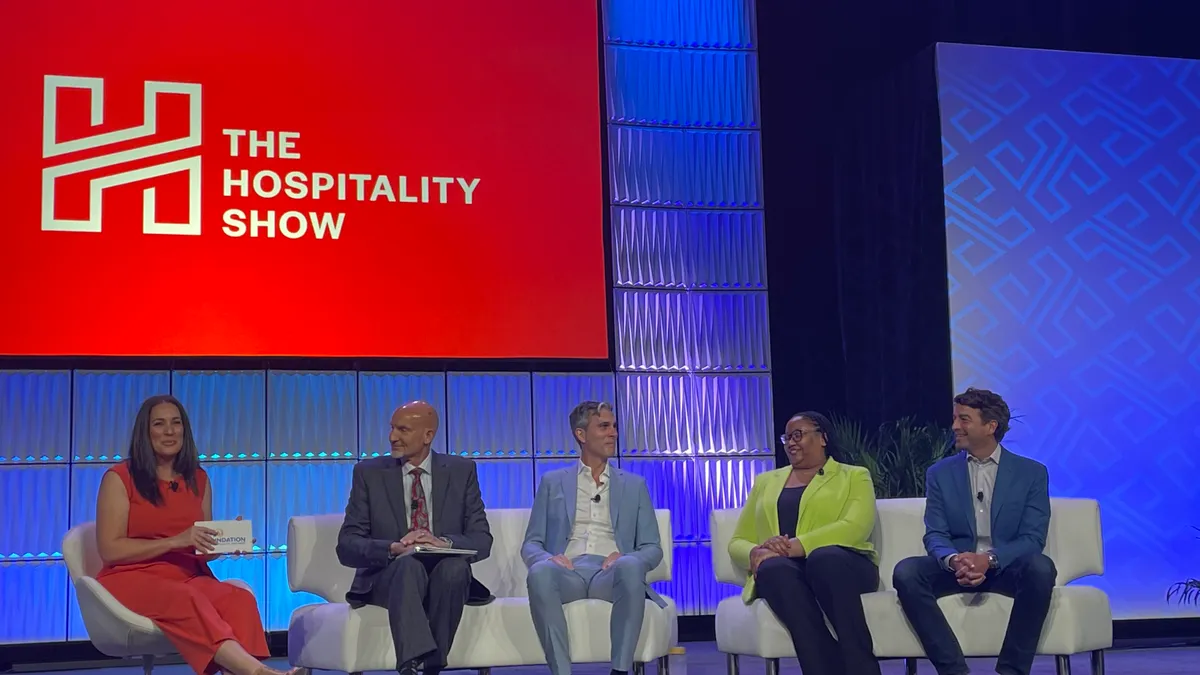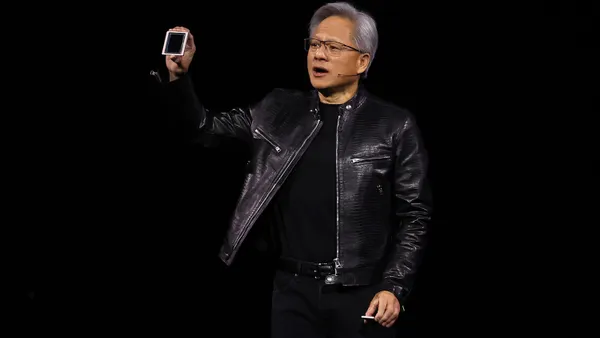As labor challenges persist in hospitality, industry CIOs are looking for innovative ways to hire emerging Gen Z talent.
According to executives speaking during the American Hotel & Lodging Association and Hotel Management’s Hospitality Show in Las Vegas in June, technology can help streamline the recruiting process and reimagine the way leaders communicate with new hires.
Loews Hotels & Co. has integrated generative AI to automate its recruitment process, the company’s CIO, Dan Kornick, said during a panel discussion. With the integration, a prospective employee can go to the company’s career website and talk with a chatbot about an open position and apply right on the spot.
“You can apply via chat or text the whole way through the application process,” Kornick said during the “Hospitality CIOs Meet Their Customers” session, adding that the automation is saving recruitment staff time while also strongly resonating with younger talent who are increasingly applying for open positions.
Younger applicants, namely those part of Gen Z, are also looking for “complete honesty” and follow-through during the recruitment process, Ashli Johnson, executive director at the Marriott-Sorenson Center for Hospitality Leadership at Howard University, said in a separate panel discussion titled “Where Hospitality Talent Will Emerge in the Future.”
Gen Zers coming into the hospitality workplace are saying “what was sold to me during the recruitment process has to match exactly with what I’m seeing when I get into the position,” Johnson explained. “[Gen Zers] are doing research independently on your organization to ensure that what you have sold them on throughout the interview and recruitment process is actually a match.”
If their expectations are not met once on the job, Gen Z workers will not likely stick around, Johnson said.
In general, younger generations are switching positions or companies more frequently than their predecessors, and Gen Z employees in particular have a much shorter time horizon around promotions and career development, Ben Erwin, president and CEO at Encore, said during the emerging talent panel.
Hospitality leadership needs to communicate openly with new hires on what their growth development could be and be intentional about what the first 30 days up to the first year inside the organization will look like, added Erwin.
Hotels should also actively promote their company mission and impact to connect with Gen Z hires looking to sync their personal passions and purpose with their work, Johnson and Edwin agreed.
In April, Marriott International launched a new people brand, Be, designed to attract and retain talent by empowering associates to fulfill their career goals and offering personal and professional growth opportunities.
Hilton also recently launched a large-scale employer brand campaign that includes real employees’ stories of how their work impacts daily hotel operations and guest satisfaction.
In a panel discussion, Mark Hoplamazian, president and CEO of Hyatt Hotels Corporation, said entry level hires must feel a sense of belonging and connection to a company’s culture within the first 90 days of employment. If this is not achieved, he said, there’s a steep drop in the attrition rate.













